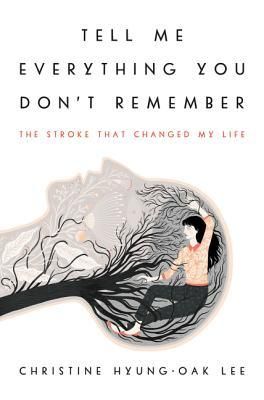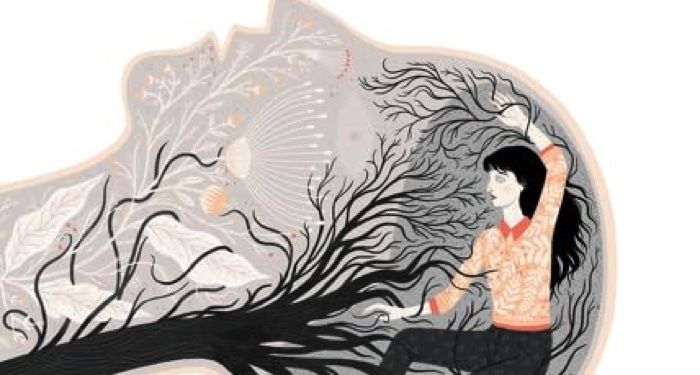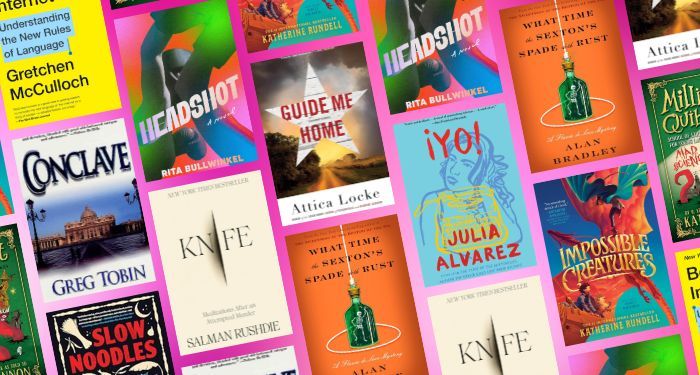A Memoir Where Memory Loss Is Time Travel


Tell Me Everything You Don’t Remember: The Stroke That Changed My Life by Christine Hyung-Oak Lee
Sometimes a book stays with you long after you’ve finished it—even when you have memory loss. That’s the case with Tell Me Everything You Don’t Remember. Lee experiences a stroke in her early thirties. It shatters her short-term memory, and she finds herself in an endless cycle of having the same conversations with her doctors over and over. She takes notes to remind her future self when and where she is. She fights with her caregiver even though she’s so grateful for him.
Lee writes about how her memory loss leaves her “unstuck in time,” an idea she takes from Slaughterhouse-Five, which she was reading at the time of her stroke. Memory loss as time travel? I marveled at her thoughts around disability, memory loss, and time. I’d never read anything like it before.
Lee gives readers a close-up view of her experience and recovery. As she spends those first days trying to remember what before seemed like such basic things, we are right there. Her partner struggles in his role as caregiver, and their relationship is tested in so many ways. For better or worse, Lee is no longer the same person she was. She shares those vulnerable, intimate details of her life, drawing us into her experience.
In the end, Lee learns to make peace with her new life. “There is space in my brain. There is space in my body. There is space in my mind. My body is no longer at war,” Lee writes. Her story isn’t tied up in a neat little bow of perfect recovery. Instead, she moves forward, embracing a messy, new future for herself and her family.







